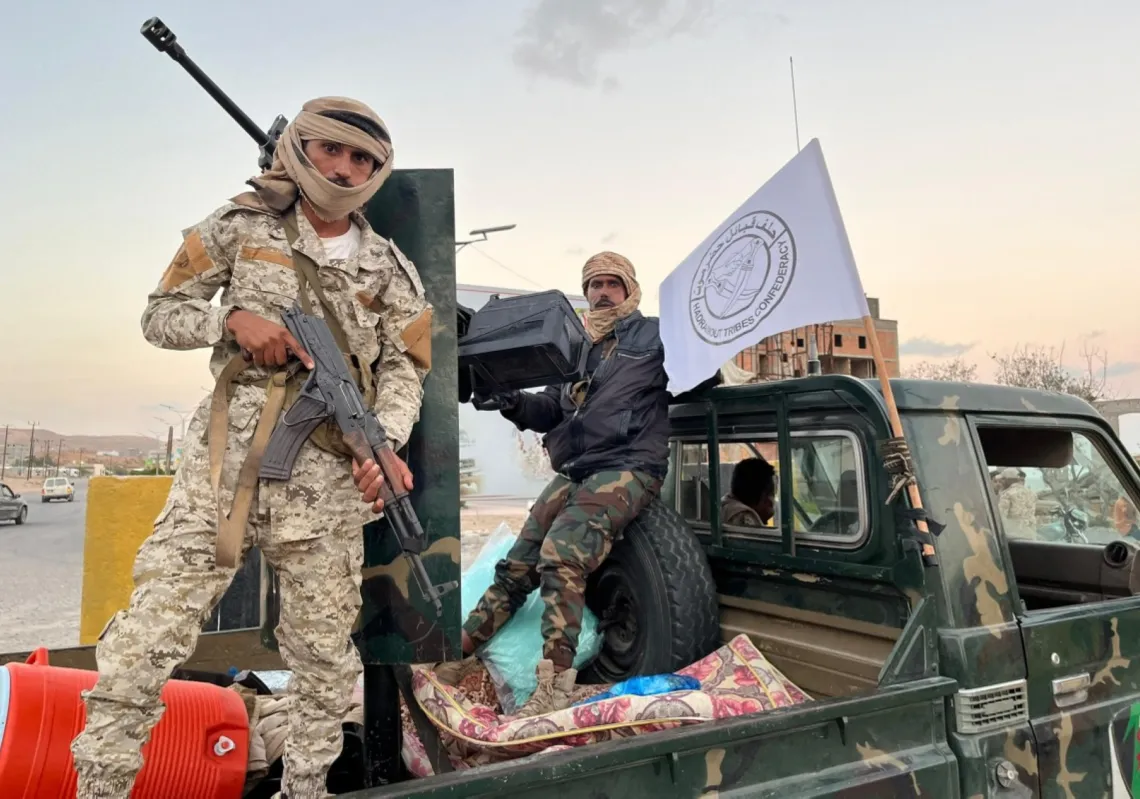Up in Turgali, a smuggler's village on the Turkish-Iranian border, Cüneyt Boz dotes on his packhorse. "Minefields, pasdaran, she's afraid of nothing," he says, stroking her mane. "You let out the reins and she's off. The difficult thing is stopping her. She'd trot to Tabriz if you let her."
The horse’s description is a good analogy for the Kurdish war that has raged in these parts since 1984, killing over 40,000 people, emptying several thousand villages and giving Turkey a name as an inveterate violator of human rights. Everybody knows it has to end. The trouble is that neither Ankara nor the Kurdish movement seems to have much of an idea of how stop it.
"We can gain nothing more from fighting, and neither can the state," Cemil Bayik, a top commander of the armed Kurdistan Workers Party, or PKK, told the Turkish magazine Ekspres late October. "The only alternative is a political solution." A week later, on 1 November, the PKK announced that it was declaring a ceasefire until general elections—due in Turkey next summer. But it declined to withdraw its guerrillas from Turkey to northern Iraq, doubtless mindful of the massive losses it sustained from the Turkish army when it last withdrew in 1999. On the same day as the ceasefire, a PKK member blew himself up in central Istanbul, injuring a dozen policemen.
While the men in the mountains continue their phony war, Kurdish towns and cities have seen the rise in recent months of a new phenomenon: civil disobedience. It all began in September, when thousands of school children across the region boycotted school for a week to protest the lack of Kurdish-language education in Turkish state schools. A week earlier, on 12 September, Turkey's Kurdish nationalist party invited supporters to boycott a referendum on the constitution called by the government. It got what it wanted: Roughly half of voters in the southeast stayed at home, with absenteeism in some areas higher than 90 percent. Finally, on 4 November, at a trial of hundreds of Kurds accused of being part of the PKK's urban wing, defendants tried to defend themselves in Kurdish. An "unknown language," said the judge, and ordered them removed from court.
Many analysts have described the civil disobedience campaigns as a sign that the balance of power in the Kurdish movement is tipping away from the gunmen towards the civilian wing. That seemed to be the moral of the mid-November spat between the imprisoned PKK leader Abdullah Öcalan and Osman Baydemir—the popular mayor of Diyarbakir, the biggest majority Kurdish city in Turkey. Baydemir said the time for guns was over. It's something Ocalan has been saying periodically since Turkey arrested him in 1999, but this time he was not amused. From his island prison off Istanbul, he told the mayor to repent publicly or resign. Unexpectedly, Kurdish politicians lined up to back Baydemir, rather than the man who nowadays insists upon being addressed as "the leadership."
Head of an Islamist NGO in Diyarbakir, Serdar Yilmaz doesn't buy all the talk about Kurdish nationalists turning against the PKK. Instead, he sees the PKK's implicit support for acts of civil disobedience as part of its efforts to adapt itself to changing conditions in the region. "Everything points to the PKK, sooner or later, dropping its guns," he says. "America wants it to, Turkey's neighbors want it to, Turkey—at last—is taking steps to persuade it to, it wants to itself. But disarming creates a dilemma. For years, guns and war, the struggle, martyrdom, have been the PKK's means of mobilization. Now, if it is to stay alive, it needs to find more “civil” ways of mobilizing support."
The situation on the Turkish side is not much different. As early as 2006, Turkey's top general was publicly admitting that, "even if we sent 500,000 troops to [the PKK's HQ in northern Iraq] we couldn't finish this group off." After years of denying there were Kurds, let alone a Kurdish problem, Ankara—without giving Kurds the constitutional recognition they demand—has progressively turned down the heat on them. Permission for private language courses was followed, in January 2009, by the opening of a state television channel in Kurdish.
But not so fast. Jealously-guarded government plans to persuade the PKK to disarm foundered rapidly after October 2009 when Turkish nationalists reacted angrily to the sight of jubilant Kurdish crowds welcoming a PKK "peace delegation" back into the country from Iraq. The threat from the nationalists has now decreased substantially, following the implosion of the nationalist opposition party at the referendum this September. Yet, the government seems to have lost its stomach for grand strategy.
Instead, while senior officials continue negotiations with Ocalan, it appears to have decided to try to bring Kurds onside with symbolic gestures. The country's huge Directorate of Religious Affairs, which employs 80,000 imams and is responsible for the upkeep of the country's mosques, looks set to begin permitting Friday sermons to be given in Kurdish. It has also been given money for 1,364 new mosques in Kurdish areas and for what the government calls "guidance teams"—mobile religious officials who will be charged with "protecting the unity of the country and fighting against separatism."
On 1 December meanwhile, the Ministry of Culture released a bilingual Kurdish-Turkish version of the Kurdish “national” epic, Mem u Zin. "There is no Kurdish opening," the minister said, "only a progressive democratization." Analysts worry that Turkey's government may have decided to set back any major moves in the southeast until after elections next year.
The thought worries Mukadder Yardimciel, a journalist in the ethnically-mixed town of Kars, near the Armenian border. He doubts "progressive democratization" will be enough to bring peace to a region devastated by long war, and bemoans the lack of imagination and courage on both sides. "But then what do you expect," he asks. "If you spend thirty years staring down the barrel of a gun, you end up with a squint, I guess."
Nicholas Birch – Worked as a freelance reporter in Turkey for eight years. His writings have appeared in a broad range of publications, including “Time” magazine, the “Wall Street Journal” and the “Times” of London.








